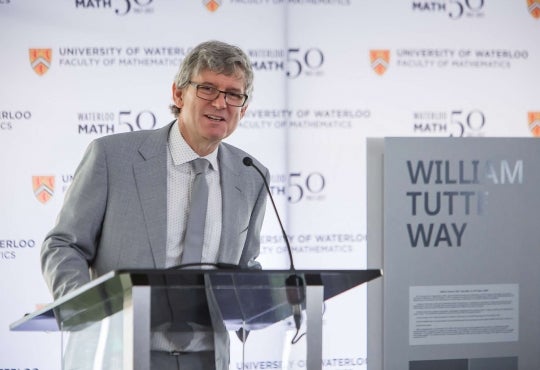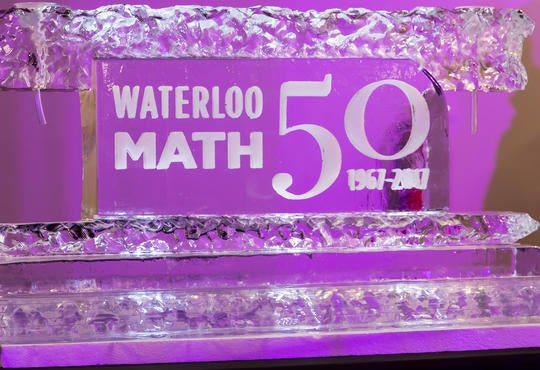Pascal Poupart is leading a team that’s developing an interactive artificial intelligence system to improve Canada’s favourite sport. In collaboration with HockeyTech, a Waterloo-based company that analyzes hockey games, the system can help coaches better understand what makes one player superior to another and help talent scouts determine which players to recruit.
“AI is an area of research where we try to make a computer achieve a specific goal,” said Professor Poupart, a leading computer science researcher in machine learning and reasoning under uncertainty at the David R. Cheriton School of Computer Science.
When thinking about AI it’s helpful to picture a computer as though it were a conscious agent, like a human. The computer scientist works to optimize the machine’s outputs using a number of techniques so it achieves the best outcome across a range of circumstances.
“From a computer science perspective, we treat humans as an example of an intelligent system but one that might not necessarily be optimal. That’s why in many circumstances a computer can outperform a person because the machine is not trying to imitate our behaviour. It’s trying to go further,” he explained.
Poupart has put this to the test by automating recognition of events in hockey games.
Data automation here is an interesting problem because hockey is a fast-paced sport and it’s not easy to know with certainty what’s happening at any point — for example, which player is in possession of the puck, when a pass is successful, or even to recognize shots on goal. But with radio transmitters in the puck and on each player the AI system records their positions and uses the stream of data to analyze how play is unfolding and to distinguish good players from exceptional ones.
“Once the system is automated its cost will drop so it can be deployed everywhere, not just at NHL games but also at rinks across many levels of skill,” Poupart explained. “All kinds of analyses are possible for coaches, players and fans alike to better understand how the game can be improved and which hockey players are the best choices to progress through the ranks.”






